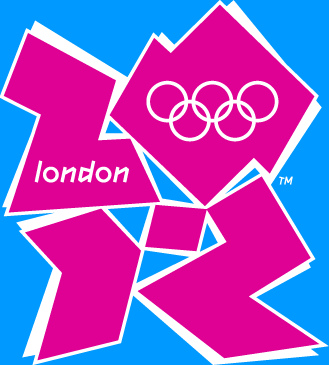 That Team GB will even take the field of play during the 2012 Olympic Games is something of an achievement, following heated debates over everything from the manager, the professionalism of the players and the independence of the four Football Associations of the United Kingdom. But, now that the obstacles have all but been cleared and players are being lined up to play, will football fans of Great Britain feel that the team is theirs?
That Team GB will even take the field of play during the 2012 Olympic Games is something of an achievement, following heated debates over everything from the manager, the professionalism of the players and the independence of the four Football Associations of the United Kingdom. But, now that the obstacles have all but been cleared and players are being lined up to play, will football fans of Great Britain feel that the team is theirs?
The Team GB football kit was launched in March by Adidas, the sportswear manufacturer proudly announcing that the shirt was inspired by the creative input of the leading fashion designer Stella McCartney. Adorned with the Union Flag, predominantly in blue tones, and blessed by the hand of a former Beatle, what could be more British? The busy design is far more in keeping with the looks associated with other sportsmen and women, such as Lycra-clad cyclists or athletes, but the actual design of any football shirt has seldom encouraged or put off football fans from wearing their team’s colours proudly in the past. From the sublime to the truly hideous, it’s not a question of style.
Much more than the design of the shirt, whether British football fans will be seen wearing the shirt comes down to an issue of personal identity and pride in the players and performance of Team GB. Whether that happens will perhaps come down to the managers in their team selections. The men’s team, led by Stuart Pearce, and the women’s by Hope Powell, should be selected purely on merit, but there will undoubtedly be awkward glances all round if the players making it to the field are predominantly from the, in theory, stronger English contingent.
Although the Home Nations of England, Wales, Scotland and Northern Ireland ceased regular competitive football with each other nearly 30 years ago, the largely superficial borders between each country in the UK remain as firm as they ever were when it comes to football. We can agree to be firmly divided on that basis, if nothing else. Therefore, perhaps the majority of Team GB football shirts will, in fact, be seen on the backs of overseas fans who follow the Premier League week in and week out, and are devoid of significant, national footballing identity. British descendants from USA to Australia could snap them up in droves. It’s difficult to imagine died in the wool, traditional football fans adopting the colours of what, up to now, is more a concept than something to become emotionally connected to.
Whether Team GB will capture the mood and, perhaps more importantly, the hearts of the nation, will hinge on whether Team GB sets a healthy example for unity and shared achievement. This means a gold medal; otherwise it will be a failed experiment and, in all likelihood, be consigned to history. If British players become undisputed Olympic Champions, and each domestic FA can agree that Team GB is a good thing for the country, then the public are likely to climb on board. To suggest that it a tall order may well be the understatement of the Olympic year.
Image Rights: Roebot









